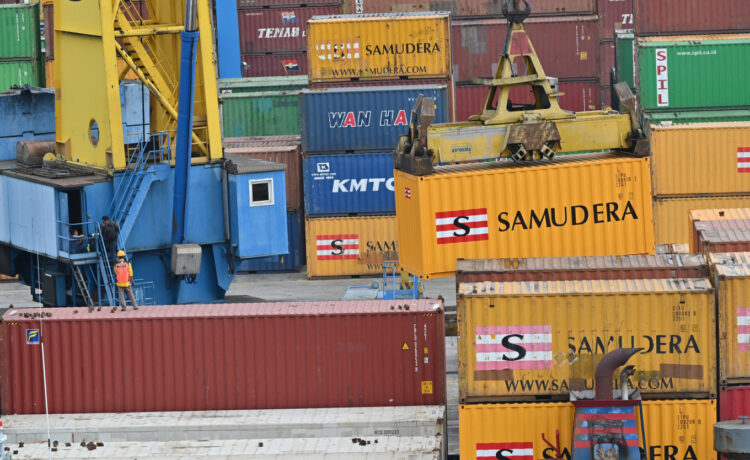ndonesia has taken a decisive step toward strengthening its economic resilience with the introduction of Government Regulation No. 8/2025, which requires exporters of natural resources to retain 100 percent of their foreign exchange (forex) earnings within the national financial system for at least one year.
Effective March 1, this policy is designed to boost foreign exchange reserves, stabilize the rupiah and reinforce national financial independence. While the new regulation represents a major shift, it is ultimately a strategic move to ensure that Indonesia’s wealth benefits its own economy rather than being held in foreign financial markets.
For years, Indonesia has faced the challenge of capital outflows, where forex earnings from exports have largely been deposited in offshore accounts instead of being reinvested in the domestic financial system. This practice has limited the availability of foreign currency within Indonesia, putting pressure on the rupiah and reducing the government’s ability to respond to external economic shocks.
By ensuring that export revenues remain onshore, the government is correcting this imbalance and positioning Indonesia for greater financial stability and economic growth.
Estimates suggest that this policy could inject approximately US$80 billion into Indonesia’s foreign exchange reserves in 2025, with projections exceeding $100 billion over the following years.
This substantial increase in reserves will serve as a strong buffer against global financial uncertainties, reducing reliance on external funding and reinforcing the country’s economic sovereignty.
Beyond strengthening reserves, this policy also enhances currency stability. A stronger and more stable rupiah benefits businesses and consumers alike by reducing inflationary pressures, keeping import costs in check and improving investor confidence.






